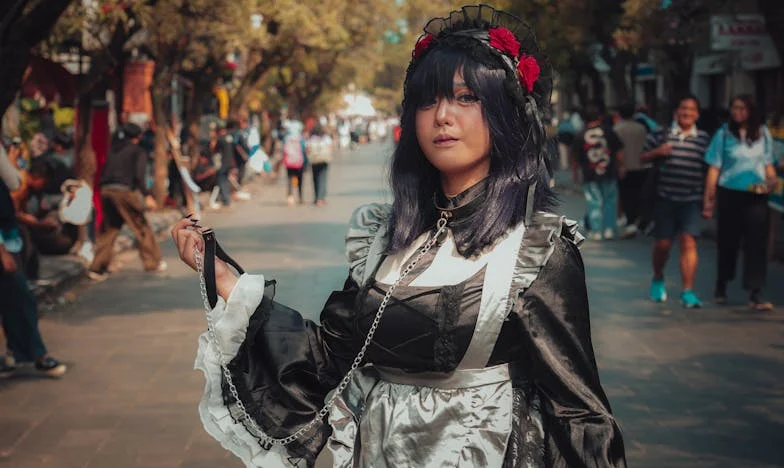A Promise Made in the Quiet Hours
“Just… let me go, Sam,” my mother whispered, her voice as fragile as the thin sunlight crawling through the hospital blinds. Her hand, cold and papery, squeezed mine with surprising strength. I tried to steady my breathing, but the lump in my throat choked every word I tried to say.
It was the third night in a row I’d sat vigil by her bedside in St. Mary’s Oncology Unit. The beeping of the machines was our constant, unnerving soundtrack. I was twenty-seven, and suddenly the roles had reversed: I was her advocate, her protector, when all I wanted was to curl up in her arms and have her tell me everything would be okay.
My older brother, Mark, stood in the hallway, arms crossed, jaw set. We’d been at odds for weeks, ever since Mom’s oncologist had admitted the new chemo wasn’t working and every dose was just dragging out her pain. Mark clung to hope like a drowning man to a lifeboat. “We’re not giving up,” he snapped at me earlier that evening. “She’s a fighter. She’s always made it through.”
But I saw the truth etched into every line on her face. She wasn’t fighting anymore. She was surviving—barely. Every breath was a struggle, every movement a gasp, and the pain meds only dulled her into a twilight state, where she floated in and out of consciousness, sometimes crying out in her sleep.
“Sam,” she murmured again, her eyes unfocused but pleading. “I want to rest. Please, help me.”
I bit my lip, not trusting myself to speak. She wasn’t asking for a miracle. She was asking for peace. And in America, in this small Ohio hospital, that was a complicated thing to give.
The next morning, Mark and I met with Dr. Harris in the family lounge. The TV blared muted news about the latest bill stalling in Congress, the smell of burnt coffee filling the air.
“Your mother’s wishes are clear,” Dr. Harris said gently, sliding a copy of her advanced directive across the table. “She’s asked for comfort care only. No more interventions.”
Mark’s face turned red. “So you’re just going to let her die?”
Dr. Harris’s eyes were kind but tired. “We’ll keep her as comfortable as possible. That’s what she wants.”
Mark glared at me. “You put these ideas in her head. You want her to give up because you’re tired of sitting here.”
I wanted to scream. Didn’t he see how much she suffered? Wasn’t love supposed to mean letting go, when holding on only brought more pain?
That afternoon, I sat by her side, reading from the battered copy of Wuthering Heights she loved. Her breathing was ragged, but her grip on my hand tightened when I read her favorite passage. I wondered if she heard me at all.
After visiting hours, I walked out into the parking lot, the air heavy with summer humidity. I called my aunt, Mom’s sister in Florida. She’d been through this with her husband, and her voice was a balm.
“You’re doing the right thing, honey,” she said. “Your mom deserves peace. The hardest thing is loving someone enough to let them go.”
But Mark wouldn’t speak to me for days. He petitioned the hospital board to try another round of treatment, but Mom’s wishes were in writing. I spent the next week fielding calls from insurance, social workers, and distant relatives suddenly full of opinions. I barely slept, haunted by the fear that I was betraying my mother or, worse, leaving her to suffer because I was too weak to fight harder.
The night she died, the sky outside was bruised purple and gold. I sat by her bed, stroking her hair, whispering memories from my childhood: the backyard birthdays, the Christmas mornings, the times she held me through my own heartbreaks. Her breaths grew slower, shallower. I told her it was okay to go. That Mark and I would be okay. That I loved her, and I always would.
She was gone before dawn.
Afterward, Mark didn’t speak to me at the funeral. Our family fractured, raw with grief and anger. Some relatives blamed me for letting her “give up.” Others whispered that I was brave. I didn’t feel brave. I just felt empty.
Months later, I still replay those final conversations in my mind. Did I do the right thing? Was it fair to let her go, when the law tied our hands? In the United States, we talk so much about freedom and choice, but what about the freedom to choose peace when the fight is over? What does dignity mean when the system makes you fight for every scrap?
Sometimes, late at night, I wonder: If you truly love someone, how do you know when it’s time to let go? And what would you do, standing in my place, between hope and mercy?
